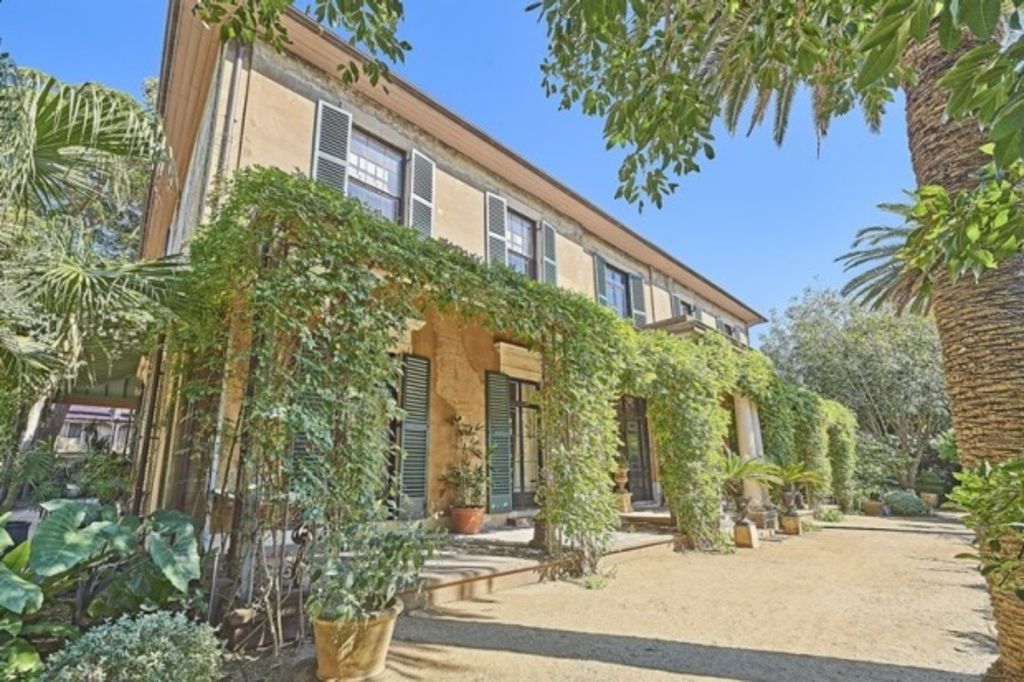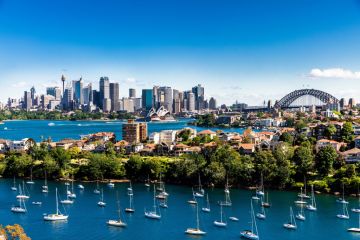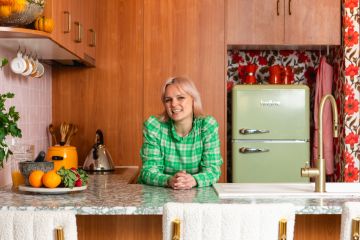Glebe's historic Regency villa Lyndhurst sold for more than $7 million

The historic Glebe landmark Lyndhurst sold late on Saturday night for more than $7 million, setting a suburb record in the process.
Earlier in the day there were three registered bidders before a crowd of about 50 on the grounds of the Regency villa, with two offers of $6.2 million and $6.5 million before it was passed in on a vendor bid of $7 million.
Negotiations on the heritage-listed residence continued well into the evening before a deal was struck at what is believed to be more than $7 million. Harriet France, of Sotheby’s International, declined to comment on details. Settlement will reveal the exact result.
Regarded as one of the inner Sydney’s most historically significant homes, it has been held in private hands for the past decade when it was sold pre-auction for $3.3 million to stockbroker Tim Eustace and his partner Salvatore Panui.
Eustace and Panui are bound for Darlinghurst, where they bought another historic landmark, Iona, in March for $16 million from Hollywood filmmakers Baz Luhrmann and Catherine Martin.
Lyndhurst was designed by colonial architect John Verge and completed in 1837 as a Marine villa for principal surgeon at the time James Bowman.
After it was owned by the Anglican Church as a theological seminary and the Catholic Church as a monastery, its fortunes waned from 1877.
From its use as a maternity hospital, it was later home to a pickle, soap and broom factory before the Australian Nazi headquarters were based there, followed by squatters.
By the early 1970s the near derelict house had been sold to the Department of Main Roads and was slated for demolition to make way for an expressway before the late former premier Neville Wran stepped in and saved it.
Wran passed it over to the Historic Houses Trust, and after its restoration by heritage architect Clive Lucas it was retained as their headquarters until it was sold to Eustace and Panui a decade ago.
The sale tops the $5 million suburb record set two years ago when the historic Georgian Regency residence Rothwell House was sold by heritage architect Otto Cserhalmi.
We recommend
We thought you might like
States
Capital Cities
Capital Cities - Rentals
Popular Areas
Allhomes
More







